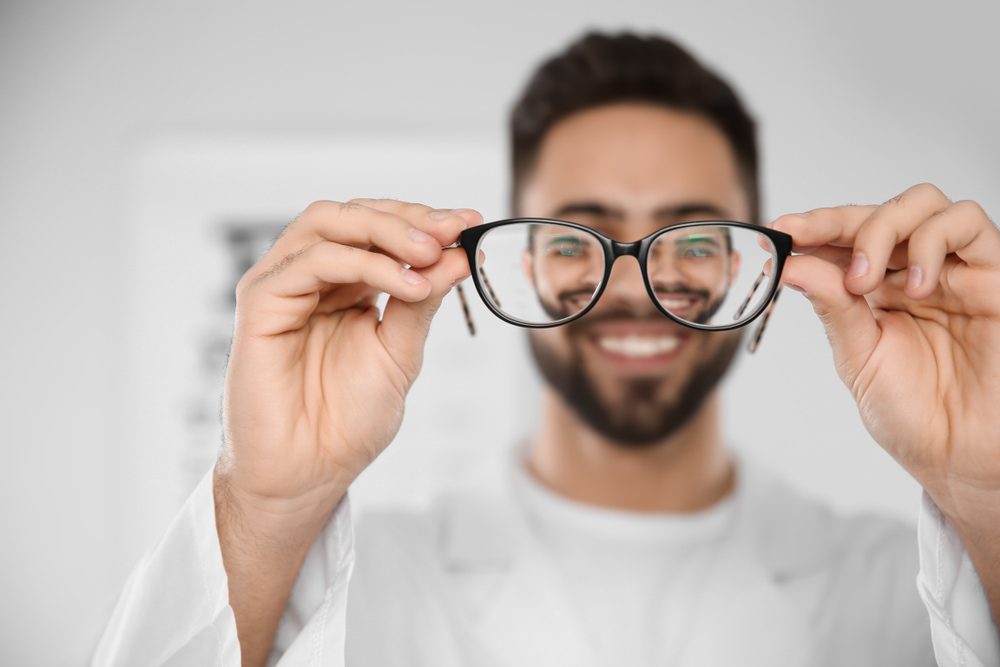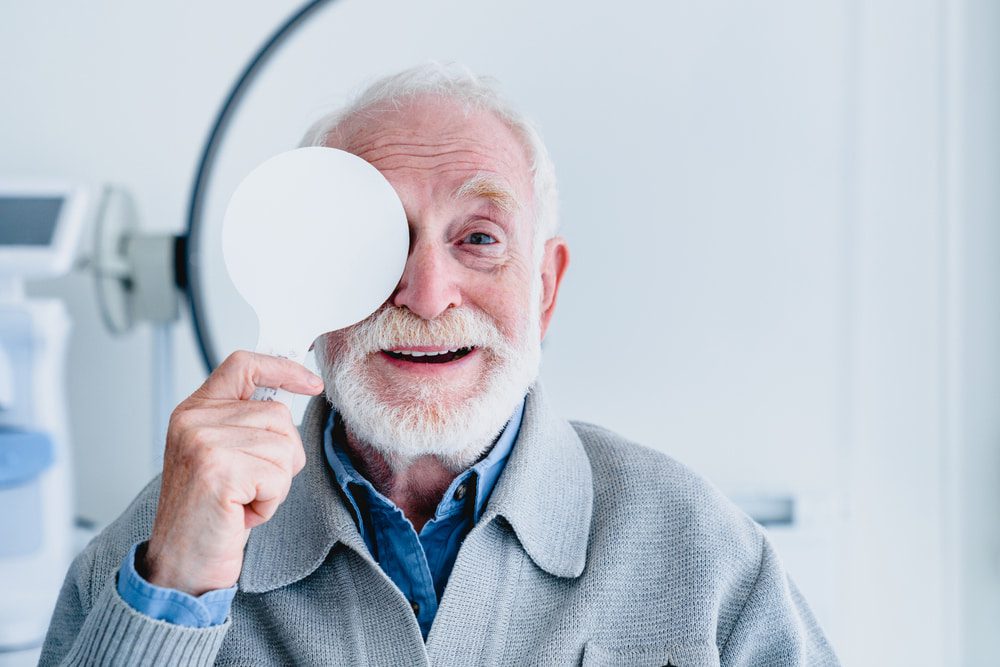If you wear eyeglasses, it’s crucial to keep your prescription up-to-date. Even if you think your eyesight remains the same, it can be difficult to tell without an eye exam. So, why do eyeglass prescriptions expire? Read on and find out.
Why Do Eyeglass Prescriptions Expire?
Despite some people thinking new prescriptions worsen eyesight, the reverse is true.
You may be wondering why there is a time limit on eyeglass prescriptions. While it can be tempting to hold onto undamaged glasses longer, it’s not advisable.
Wearing old or expired glasses can result in significant eye strain. Eye strain from old prescriptions can lead to other health issues like headaches, dizziness, and double vision. Some people may even develop vertigo or severe migraines.
Vision deteriorates at a different pace for everyone. If you know you have an ocular condition that puts you at risk for quicker eyesight deterioration, you must check your vision more frequently. While the two-year rule applies to most people, some individuals may need a prescription change sooner.
Laws Concerning Eyeglass Prescriptions
There are also legal reasons why optometrists and eyeglass retailers are prohibited from selling you glasses with an outdated prescription. Most places will ask you for a prescription from within the last year. The Federal Trade Commission advises that prescription expirations also vary by state.
In addition, a 1978 federal rule states that all patients must receive their eyeglass prescription after an eye exam. The law states that even if you don’t ask for your prescription, you should receive the updated version. Per the same law, your eye doctor cannot force you to:
- Sign a waiver
- Purchase glasses from their facility
- Pay additional fees on a prescription
- Forego an eye exam because you refuse to purchase contact lenses, eyeglasses, or other ophthalmic products

How Do I Know When I Need a New Prescription?
If you’re not sure whether you need a prescription change, here are a few telltale signs.
#1. Blurry Vision
If you notice your vision becoming blurry or fuzzy, you probably need new eyeglasses. Especially if the haziness begins around the edges of your sight, you should check with your eye doctor to see if you need new glasses.
#2. Constant Squinting
The need to squint is an obvious sign that your eyesight is worsening. When you squint, a decreased amount of light enters your eyes. The action temporarily improves your vision. However, having to squint when you’re wearing glasses means you need a new prescription.
Furthermore, if you have to squint more at night-time, you should book an eye exam right away.
#3. Light Sensitivity
Light from natural and electrical sources shouldn’t bother you. If you find that it suddenly does, it’s time to call your eye doctor.
In addition, any excessive sensitivity to light is a red flag. You must have an exam to rule out any serious conditions, like infections, that may be causing your sensitivity to light.
#4. Tired Eyes
Do you feel like your eyes are becoming worn out? Feeling that your eyes become tired more than usual is a sign you may need new glasses. Sometimes tired eyes present with other symptoms, too, like dryness or itchiness.
While several things may cause your eyes to feel tired, the sensation should be temporary. If the feeling is constant and you rule out other causes (allergies, poor sleep, etc.), it’s imperative that you check your eyesight.
#5. Unexplained Headaches
Headaches are a common sign that you need a prescription change. A headache that is frequent or constant during the daytime is likely to be from eye strain.
Once you rule out other medical conditions, you should book an eye exam to get a new prescription. After your eyes become used to the new glasses, your headaches should go away.
Eyeglasses vs. Contacts
A common question among people who need prescription eyewear is whether prescriptions for eyeglasses and contact lenses are interchangeable. The short answer is no. There are several ways in which contact lens prescriptions differ from eyeglass prescriptions.
#1. Nearsightedness
Because glasses sit a few millimeters away from your eyes, the prescription will take the extra distance into account. On the other hand, contact lenses are placed directly on your eyes, eliminating the need for additional nearsightedness correction.
#2. Diameter
The difference in diameter between your contact lenses and eyeglasses is significant. A contact lens is much smaller, making the diameter smaller too.
#3. Base Curve
The base curve (BC) will measure the size of the lens curvature on the back of your contacts. The BC determines how tightly your contact lenses will fit on your eye.
#4. Expiration Dates
Contact lenses expire more quickly than eyeglasses. While the answer to the question “when do eyeglass prescriptions expire?” may vary, contact lenses usually expire after a year. That’s because the contact lens sits on the inside of your eye, and determining whether any damage appears on the surface is critical.
#5. Materials
The material you choose for your eyeglasses is an important decision. The material for eyeglass lenses varies greatly, and the ideal one will depend on your individual needs.
On the other hand, the material for contact lenses can be from the following plastics: silicone hydrogel, hydrogel, and hypergel. These are softer and work with the liquid in your eyes.
What Can I Expect at an Eye Exam?
Our award-winning eye doctors will review more than your vision. Your eye exam will check for any underlying conditions that may result in impaired eyesight.
You can expect questions about your family health history, including eye diseases like glaucoma or cataracts. Having family members with an ocular disease can sometimes increase your risk of acquiring those diseases later in life. In addition, some conditions unrelated to the eyes, like Diabetes, require regular monitoring to ensure they don’t cause eye problems.
An eye exam determines your overall eye health by checking:
- Visual acuity
- Pupil function
- Prescription strength
- Retinal health
- Depth perception
- Signs of abrasion or cataracts
- General wellness of all the parts of the eye
Aside from getting a current prescription change, an eye exam can help find risk factors that may require future prescription changes.

Final Thoughts
This article has given you a thorough answer to the question, “Why do eyeglass prescriptions expire?” Keep in mind that eyeglass prescriptions expire between one and two years, depending on your state laws. Even if you don’t think you need a change in prescription, getting an eye exam is an excellent way to rule out the possibility as well as other risk factors.
If you suspect you need a new prescription, don’t hesitate to fill out an appointment request. We’ll help you determine whether you need a new prescription and provide you with the best eye care solutions to maintain healthy vision.

